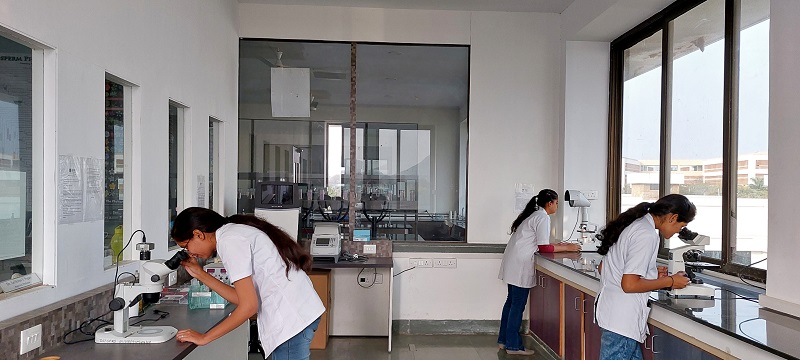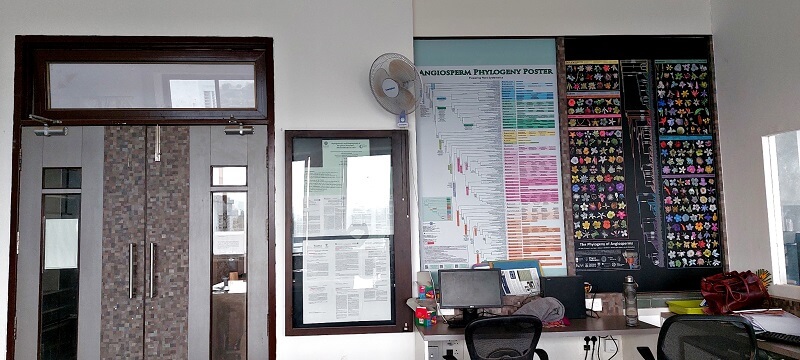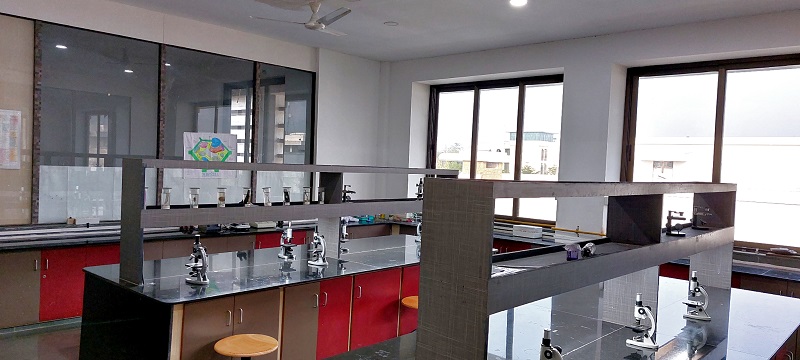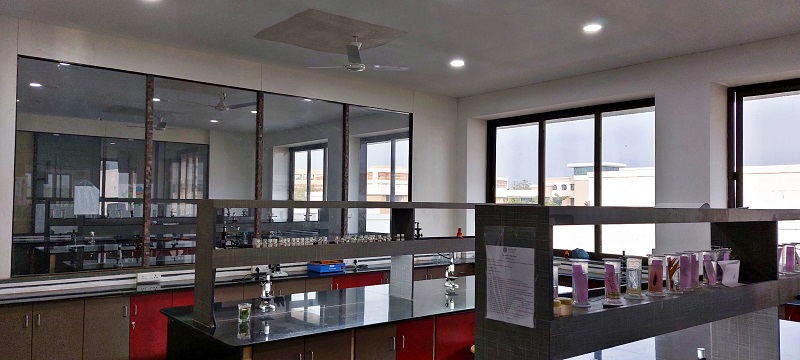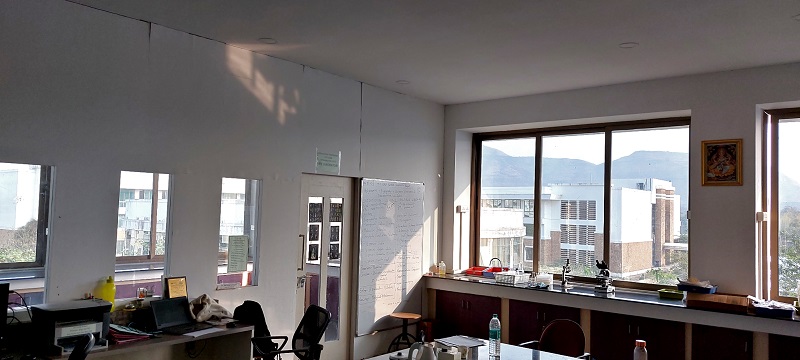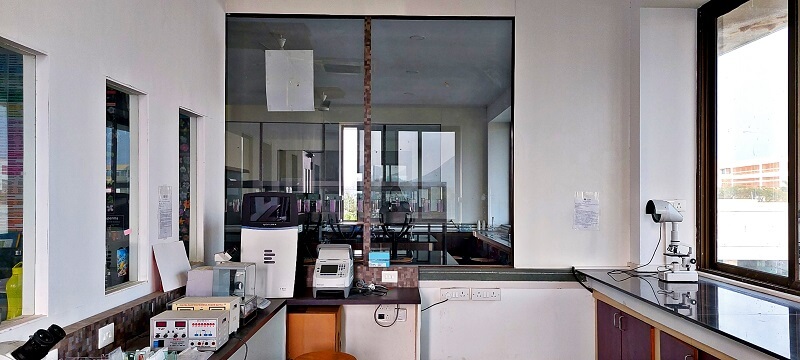Apply Now
About B.Sc. (Microbiology)
Career Opportunities in B.Sc. (Microbiology)

Microbiologist
Microbiologists study infectious diseases and the microbes that are responsible for spreading them. Microbiologists can work in various companies. Some of the spheres in which they can work include Agriculture Department, Chemical Industries, Beverage Industry, Food Industry and Environmental Agencies.

Biomedical Scientist
Biomedical scientists work to improve human health. Biomedical scientists work in tandem with the health sciences. They are responsible for designing studies, testing, and developing new treatment regimens for a variety of health problems.

Clinical Research Associate
Clinical Research Associates are responsible for managing, preparing, and organizing clinical studies.

Healthcare Scientists, Immunology
Medical scientists working in immunology departments are responsible for diagnosing, monitoring, and treating patients with various immune system problems and disorders.
Fee Structure & Eligibility
| Programme | Sem | Year | Mode | Eligibility | Academic Fees Per Year (INR) |
Special Fees (Incl. Library Fee & Examination Fees) Per Year (INR) |
Fees Per Year |
|---|---|---|---|---|---|---|---|
SCHOOL OF SCIENCE (UG) |
|||||||
| B.Sc. Microbiology | 6 | 3 | Sem | Passed 10+2 science or equivalent course from any recognized Board with minimum 45% marks for open and 40% marks for backward category students OR Three years Diploma from any recognised Board of Technical Education or its equivalent | Rs. 34,000 /- | Rs. 6,000 /- | Rs. 40,000/- |
Note:
- Admission Form and Prospectus Rs. 1000/- (One Time).
- Caution Money Rs. 1000/-
- Hostel Fees Rs. 1,10,000/- per annum + 5000 (Deposit Rs 5, 000 at the time of Admission only on refundable basis) Minimum 4 Occupancy
- Transportation Fees as applicable based on Route and Pick Up Point.
- Uniform Cost Rs. 6000/-

.jpg)








